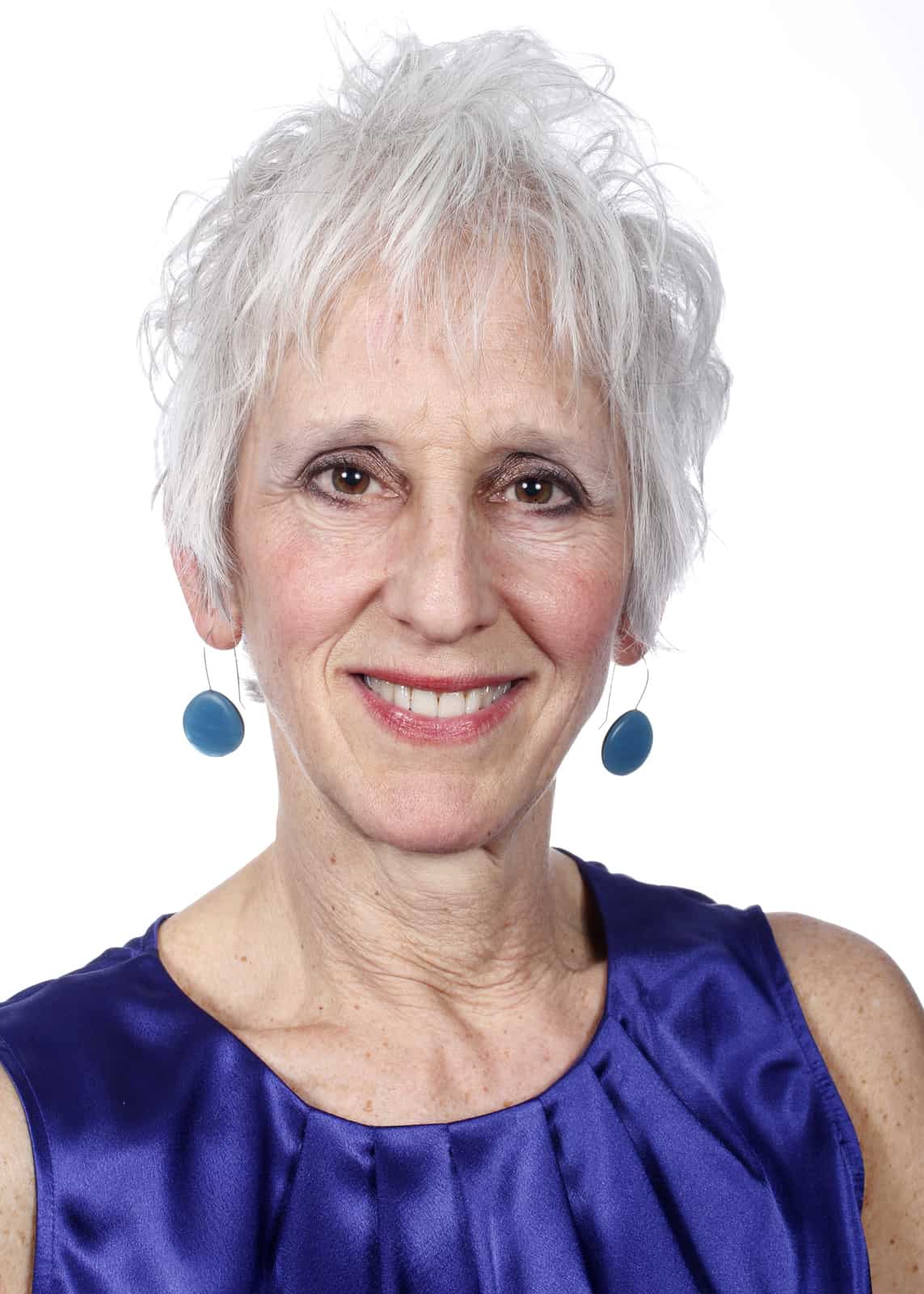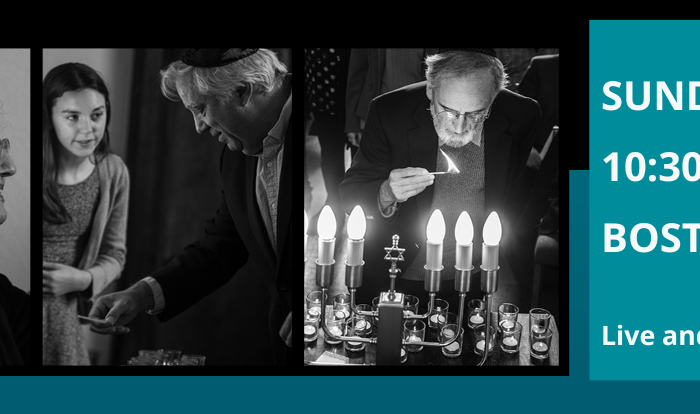
A message from Deputy Director Nahma Nadich:
There was a joke I sometimes liked to tell when I was a therapist. A man goes to see a psychiatrist and is asked what seems to be the problem. His answer? “Doctor, I’m dead”. The psychiatrist heaves a sigh of relief, thinking, that this will be a simple delusion to correct. “Tell me”, he says to the patient, “do dead people bleed?” “No” says the man. The psychiatrist asks the man to extend his finger, which he proceeds to prick with a needle, producing a trickle of blood. The psychiatrist smiles smugly and asks the man, “Now what do you think?” “I was wrong Doc!” the patient says. “Dead people do bleed!”
I employed that joke to gently poke at to my clients’ confirmation bias, the universal human tendency to absorb new information only when it conforms with previously held views and beliefs. Clients with low self-esteem or catastrophic world views would perceive events around them through those lenses, and their perceptions would then reinforce their beliefs, in an endless loop, preventing them from changing or growing.
Though I left the clinical world over two decades ago, I see confirmation bias playing out in increasingly alarming ways, in our public and political discourse. The sources of information we expose ourselves to are now neatly divided by political leaning. The news outlets we choose, and the social media content we curate, articulate positions we hold dear. We feel affirmed in being correct and are sometimes even righteous about our rightness but are seldom challenged to expand our thinking or consider new ideas. And even more rarely do we recognize what can be problematic rhetoric or action when it comes from the ideological camp with which we identify.
The latest example? Antisemitism arising from the left, and the troubling silence about it from progressives. In recent years, there has been a justified focus on Jew-hatred emanating from the right, with the US government naming white supremacy at the top of the list of current domestic terror threats. But as Jews we are all too aware that this murderous hatred can emerge from opposing and even contradictory political beliefs. Our enemies have portrayed us alternately as evil Socialists and Capitalists, the common thread being that in our “otherness” we represent a collective threat to a cherished world order and way of life.
The peril posed by violent white supremacist extremists is enduring and unmistakable. But if those who identify as progressive insist on only seeing the danger to Jews that originates from that one toxic ideology, they are succumbing to a dangerous confirmation bias, and disregarding blatant warning signs.
In recent weeks, we’ve all seen the horrifying spectacle of Jews being physically assaulted in cities around the country, often scapegoated and targeted by those demonstrating against Israel during the Gaza crisis.
Here in Boston, the signs have been more subtle, but no less insidious. Two cases in point:
When the Cambridge City Council scheduled a last-minute hearing on a troubling BDS resolution, they did so on the first day of Shavuot. We at JCRC along with the Anti-Defamation League, the American Jewish Committee, and the Israeli-American Council, alerted the City Council about this date conflict, which prevented some Jewish residents of Cambridge wanting to offer comments from doing so. We explicitly requested an accommodation – through a one week delay – so that all interested Cambridge residents could participate in the discussion. Councilor Quinton Zondervan, the lead sponsor of the resolution, publicly responded, “I appreciate that it is the Shavuot holiday, but last week it was Eid. That didn’t seem to prevent the Israeli government from bombing and evicting and terrorizing Palestinian people.” As shocking as it was to have a city official blatantly defend disenfranchising local citizens as punishment for the actions of a foreign government, even more disheartening was the silence with which it was met, even when the offense was publicized.
The second incident was more subtle but no less concerning. A member of the Massachusetts Congressional delegation spoke out about the spate of antisemitic attacks, but in tweeting about them, felt the need to call out in one message both antisemitism and Islamophobia, condemning “all forms of bigotry and hate”. Yes of course, Islamophobia must be condemned and eradicated, but why the need to dilute the condemnation of antisemitic violence erupting at this moment across the country, by also mentioning that particular form of bigotry (which thankfully had not seen a recent spike)? Several months ago, when speaking about the egregious wave of assaults against Asian-Americans, there was no similar need to mention another targeted group in the same breath. And when brutal attacks on mosques were rightfully denounced, there was no need to simultaneously condemn antisemitism along with anti-Muslim hate. Why can’t hateful speech and acts directed at Jews be called out as such, and why doesn’t our community demand that moral clarity from our leaders?
This week, I reached out to some close interfaith partners, to tell them about the crisis we are facing. I expressed my frustration at the resistance of some political leaders to unambiguously denounce antisemitism on its own. The response I received from one cherished friend, underscored not only her caring and concern, but also her profound understanding of our community’s experience. “As a Black person, I did not want to hear All Lives Matter when we were the target. All lives didn’t matter when Black Lives were disregarded and I would imagine the Jewish Community would feel the same way.”
We Jews are proud heirs to a legacy of justice and compassion, one which compels us to cry out at the suffering of our neighbors, to fight their oppression and to join forces with them in building a more equitable society. But as my wise friend understood, compassion, empathy and a call for justice must start with a recognition of our own pain and vulnerability, and an insistence on our own safety. In this moment, it must also include acknowledgement of a pernicious antisemitism that is getting a pass in some political circles that many of us are inclined to view as tolerant and open-minded. We must move beyond our own confirmation bias.
Our current political climate and the plethora of issues we face reflect more complexity than our polarized discourse would have us believe. I for one, think we’re up to the challenge. As beings capable of having complex thoughts and appreciating multiple realities and perspectives, we can resist one- dimensional views that oversimplify, and which present false binaries. We can reject the notion that being engaged citizens acting on our Jewish values has to mean either overlooking our own victimization or being inured to the suffering of others. We can be for ourselves – and for others.
Shabbat Shalom,
Nahma




